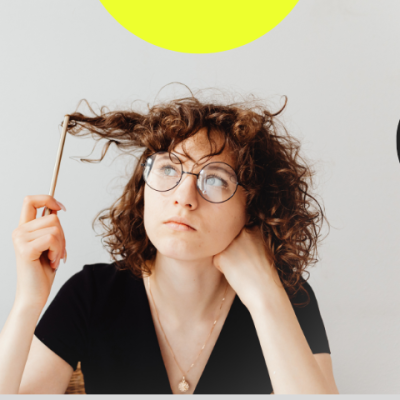Language Learning with ChatGPT: A Comprehensive Guide
In the digital age, language learning has evolved beyond traditional methods. With advancements in artificial intelligence, language learners (and teachers) now have a powerful tool at their disposal—ChatGPT. Developed by OpenAI, ChatGPT is a state-of-the-art language model that can be harnessed for immersive and interactive language learning experiences. In this blog post, we’ll explore how…
Los 5 verbos más usados en español
Los verbos más utilizados en español pueden variar según el contexto y la región, pero generalmente, los cinco verbos más comunes en español son: Ser (to be) Irregular Este verbo se utiliza para describir la identidad, características, orígenes y relaciones entre las personas y las cosas. Los usos más comunes son: Algunas frases comunes: No…
Gaslighting
This was the most looked up word last year, I’m sure you must have heard it a few times by now but what does it exactly mean? Here’s the definition according to the Merriam Webster dictionary. 1. psychological manipulation of a person usually over an extended period of time that causes the victim to question the…
5 Razones para aprender español
Aprender español es una inversión valiosa en tu desarrollo personal y cultural. Aquí tienes cinco razones importantes para aprender español: En resumen, aprender español no solo te proporcionará habilidades lingüísticas valiosas, sino que también te abrirá puertas en términos de empleo, cultura y experiencias de vida en un mundo cada vez más interconectado.
5 Great podcasts for all English levels!
One important part of my learning journey is listening to podcasts. I’m now learning Portuguese and find podcasts to be an amazing FREE, easy-to-access resource great for improving listening comprehension and expanding vocabulary, and, did I mention they are free? Yes! I like free stuff, just like you do!
I think Vs. I think so
New podcast episode alert! 🔔 In this episode I will be sharing segments of one of our English Conversation Workshops where we’ll analyze the difference between “I think” and “I think so”. Find more examples below: Think /θɪŋk/ verb (past tense and past participle thought /θɒːt/)1 OPINION/BELIEF [transitive] to have a particular opinion or to…




